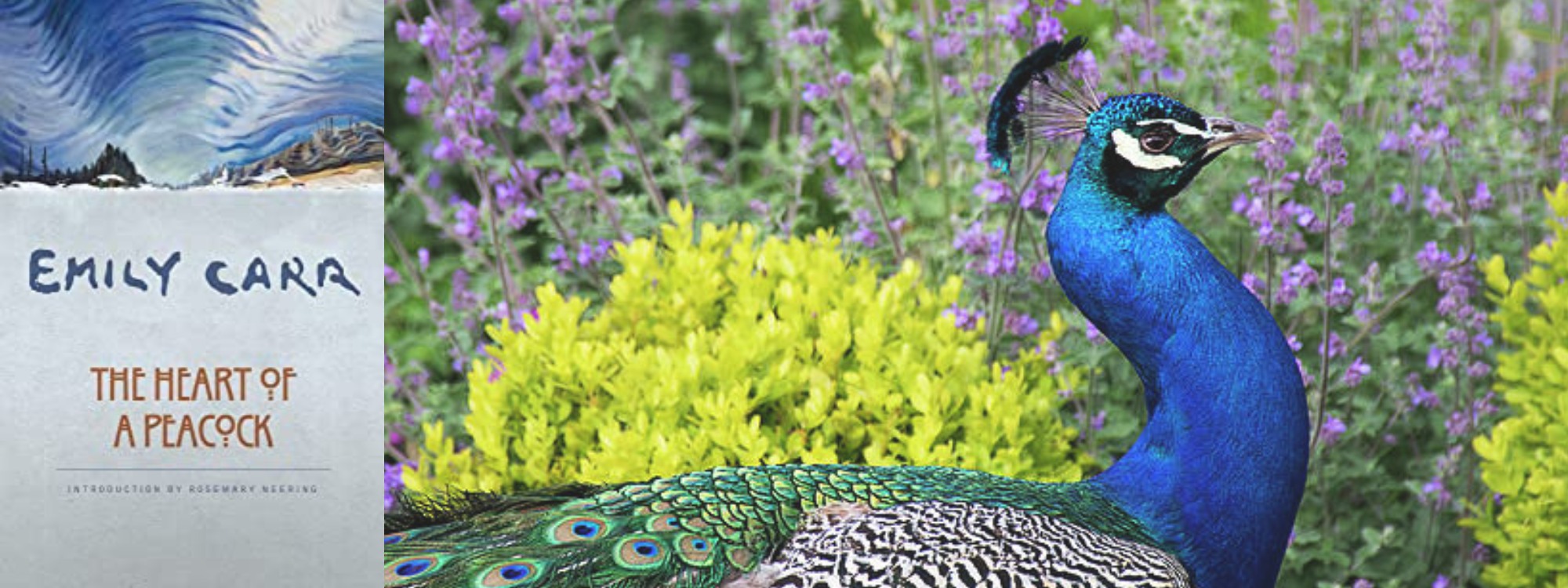Eighteen months of recuperation in a sanatorium is desperate dullness. The slnatorium was in a part of England crammed with wild-bird life. Only that made things bearable: open fields, hedgerows, little woods, rabbit warrens—places that song-birds love.
The San sat on a little rise. It was a sanatorium primarily for tuberculosis. I was not T.B.; therefore I enjoyed freedom and privileges which lung patients did not. When I was able to roam at all, it was at my own will; the only restriction was, “Don’t tire.”
T.B. patients had prescribed walks, so many miles to so much time. Men patients took one road, women patients another. I saw them start in dreary draggles—over-cheery voices contradicted by lagging heels.
At the back of the San lay a little wood; further on was a rabbit warren. I crept into one or the other of these places and lay upon the ground rejoicing in the birds. Theirs was a real joyousness. Those patients’ cheeriness was a sham, a brave enduring spread over a pause—life?—death? Meantime suffering, monotony.
Every kind of bird was in my wood—“Cuckoo, Cuckoo!”, a robin’s trill, a thrush’s gush of rapture, liquid running of a blackbird’s notes out over the open, the trembling ascension of a lark spilling delight—higher, higher, lovelier for the highness.
The doctor said, “Why do you not walk sometimes with the other patients? If their walks are too far, rest. Let them pick you up on their return. It is morbid to go into woods alone.”
Morbid! Song-wrung woods morbid! London had broken me. I loathed great cities. Morbidness was in them.
Father had always told me of English birds. He had loved them in his English boyhood. In London I crept often to a slummy district called “Seven Dials” where the birdshops were—not the sort of place young ladies were supposed to be. I went into the small, stuffy dark shops of “Seven Dials” to see the English birds which father had told of. I found trapped, frightened creatures, caught with snares or birdlime. Brutal, coarse men hoped to make a few pennies on each bird.
Dispirited little larks crouched in low-roofed cages so that they should not attempt to rise and soar. Thrushes, blackbirds, starlings, some trying to sing even in those miserable quarters! It shamed me. I, who had the whole of London to roam, felt as prisoned and more crushed than they!
Every English boy bragged of his “bird-nesting exploits”, exhibiting collections of bird-nest robberies. I heard too of fox-hunting, badger-hunting, of dogs that had lips and cheeks torn off by the badgers who got under rocky ledges and ripped unprotected dog faces. I was told of royal stag hunts: deer hounded up to the royal guns; pheasant shooting, partridge shoots—birds driven by beaters to the guns of men called sportsmen; shoots for the pleasuring of the guests at house parties on great estates of the rich; clean bushes spattered with blood, festooned with scattered feathers of luckless birds, killed not for food but for fun. I raged with disgust, hating it all.
Nine months of London embittered me. Easter came. The Art School was closed for one week. I went to a little village in Kent, Goudhurst, sitting on the top of a low hill. This is where I first properly saw and heard English song-birds.
“They don’t deserve them! They don’t deserve them!” was all I could say as I stood listening, drunk with delight.
Goudhurst had an inn, a chemist, and a butcher. I know, because I stayed at the inn, which, when I arrived, was all bustle, for that very day the butcher’s daughter was marrying the chemist’s son. The inn folk were nearly distracted with hubbub—rush of visitors from neighbouring villages. The church-bells nearly dislocated themselves from their hangers, tossing out their clamour. I saw them up in the belfry; I saw the tombstones in the churchyard, gay with roosting gaupers awaiting the bride. I passed among them, came to a stile, climbed, was suddenly in a little wood, new-foliaged for spring, ringing with bird-song. The clang of the bridal bells was out-distanced. I heard only England’s birds singing.
Thank you, my English father, for bequeathing to me this happy heritage—joy in birds. Your English birds are exquisite: they suit England. I wish Canada too had song-birds. But oh, I would not trade Canada’s spacy silence—dim, tremendous—for England’s warbling woods! When Canada is peopled end to end, then, perhaps . . . not now, not yet.




0 comments